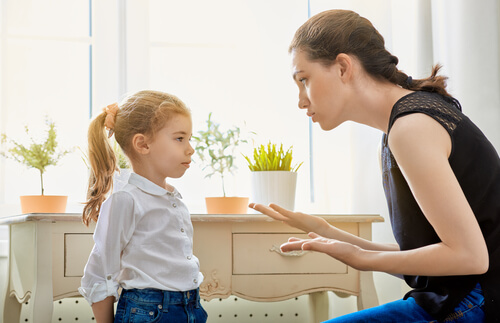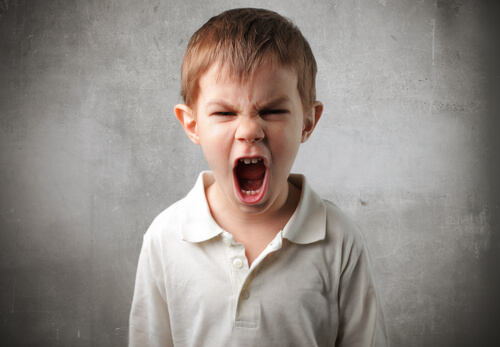How to Discipline Your Child at Home

It is normal for kids to act rowdy and be mischievous from time to time. But if their behaviour is going out of hand and their actions are causing harm to others, it's time for parents to step in and discipline them. Disciplining your kids is a very important aspect of being a parent. According to American psychiatrist Dr Michael Brody, it has something to do with civilizing one's child so he or she can be a good member of society later on.
However, most parents are having a hard time putting their kids in line and many experts will tell you that there's no magic formula when it comes to disciplining your child. But no matter how challenging it is, instilling discipline in children is still doable. Here are some helpful pointers to help you get started.
No 1. Set clear rules. As a parent, it is your responsibility to clearly explain to your children what's expected of them and what isn't. You must make them understand what constitute bad behaviour and what the consequences would be should they break the rules. Otherwise, it would be difficult for the kids to follow the rules if you're not clear about them. According to experts, you must also discuss the rules and consequences with your kids when you have the time, not only when one or two of them has been broken. This will help your kids better understand that you're serious about implementing them.
No 2. Reward good behaviours. Discipline isn't all about doling out punishment every time your children do something wrong. It also means cultivating good behaviours that you want them to develop. Dr Mason Turner, chief of psychiatry at Kaiser Permanente San Francisco Medical Centre in the US, said parents could get a lot further with positive reinforcement than negative reinforcement. So the next thing your kids did something that made you happy, praise and reward them for their good deeds.
No 3. Be firm. No matter how old your children are, you have to be consistent. You must stick to the rules so your kids will respect and follow them. Don't easily let your children off the hook simply because they gave you puppy-dog eyes. Always remember that consistency is key to raising a well-behaved child.
No 4. Don't get angry. Stay calm when disciplining your child. If you're angry, you might do or say something you'll regret later on. However, any parent will tell you that it's difficult to keep your cool when your children have done something that grates on your nerves. To avoid lashing out to your kids, give yourself some time to calm down before you deal with the situation. When your emotions are in check, you are at a better position to explain to your kids that what they did was wrong and they have to be disciplined for their actions.
No 5. Spanking is never the answer. Spanking your kids to punish them doesn't usually work, especially on smaller children. If anything, it will only humiliate them and cause anger, aggression, and resentment. Instead, you should give your kids timeouts or withhold privileges they usually enjoy. This way, they can better understand that there are negative consequences for their negative behaviour.



